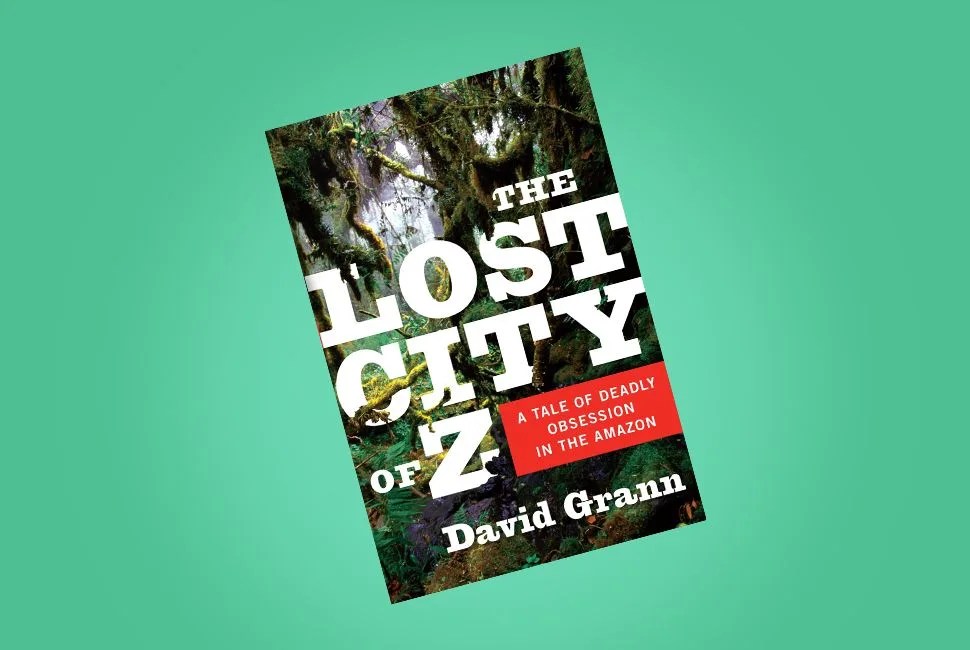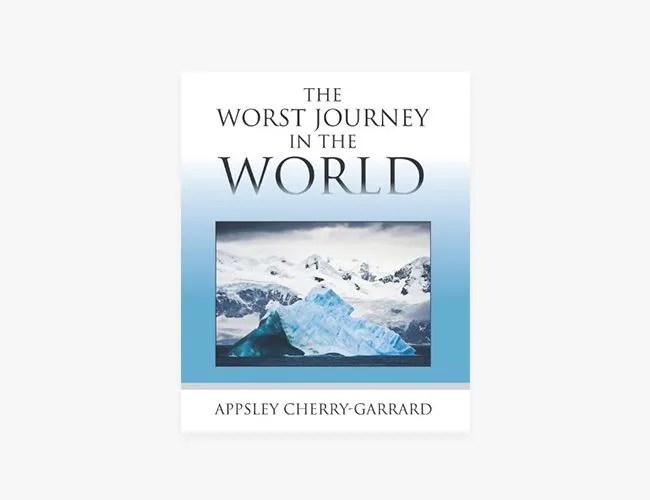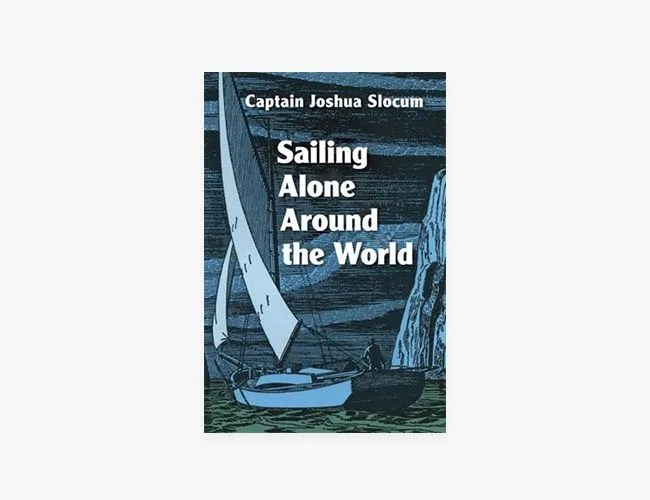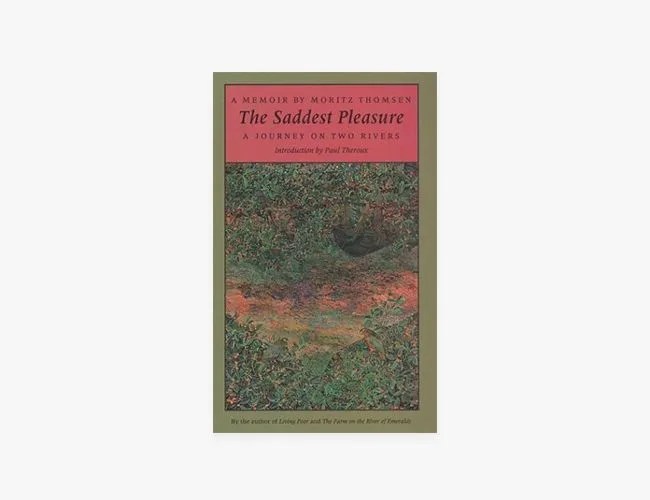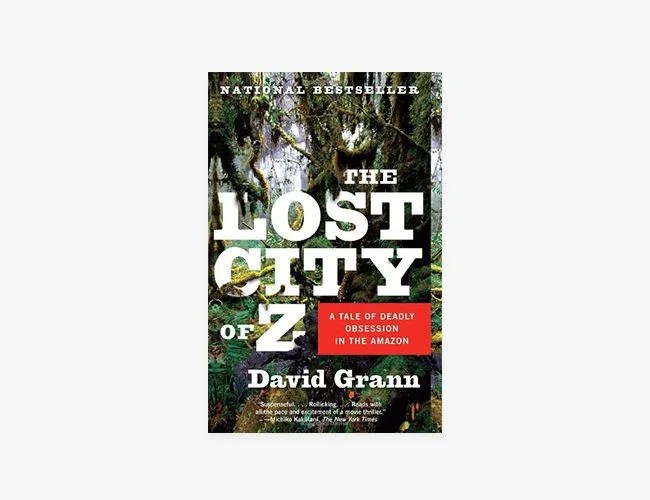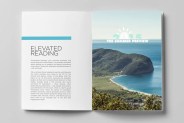What’s the point of travel? Is it merely a break from our tethered existence? A distraction from the crushing boredom of everyday life, a way to recharge, to retool ourselves in the bosom of five-star decadence while contemplating the salutary effects of jalapeño margaritas? Or should travel be something more? Not a diversion or indulgence but a personal responsibility? A psychic stock-taking of where we stand in the world, morally, metaphysically, spiritually?
Most travel, of course, is the former kind. Maybe even most travel writing — I’m thinking of the high-flown appraisals of, say, Fiji’s finest eco-resorts or Seattle’s newest microbreweries that tend to fill travel publications. Which is fine. We all need to unplug from the matrix now and then, trade our over-lit, under-ventilated, faux-wood-laminate cubicles for same-day laundry service and the mini-bar.
But there’s another kind of travel — and travel writing — which, at its core, dwells in the frontier between life and death. Out there, away from it all, in unabated wilderness, lies a landscape strewn with meaning, some authors seem to be saying. It’s by reckoning with our fears, with our failures, with how much of our sense of decency we’re prepared to discard when faced with obliteration, that we can come to know our secret hearts. This isn’t suffering for suffering’s sake, or nostalgia for an age of exploration when men flung themselves into the vortex for Queen and Country. It’s a technique, as William Kittredge says, for staying in touch.
The best kind of travel — and the best travel stories — are models for change: shedding the veil of modernity, seeking alternatives to our thoughtless striving and errand running, escaping the eternal present even for a moment, is the goal. Very rarely does a travel book come along that points the way. Here are five that do.
The Fearful Void, by Geoffrey Moorhouse
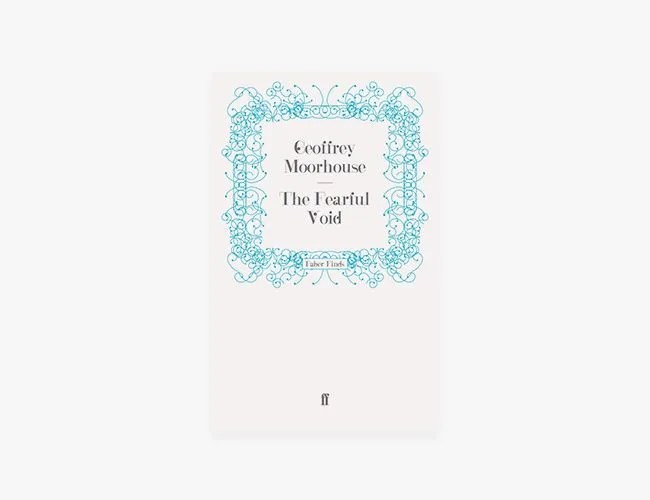
Geoffrey Moorhouse had never set foot in the Sahara or ridden a camel when he embarked on a 3,600-mile eastbound trek across the world’s largest desert, a feat that no one, not even the ancient caravaners, had ever accomplished. Nor did he speak Arabic, or know how to celestial navigate, or care much for North African food. Friends and family questioned his sanity. But Moorhouse, who died in 2009, insisted that crossing the great Sahara from the Atlantic to the Nile wasn’t a blind ordeal of courage or some kind of “because it’s there” trial. Rather, he wrote, “It was because I was afraid.”
